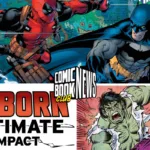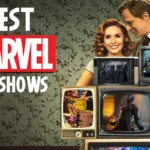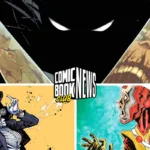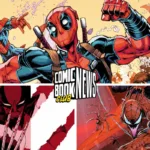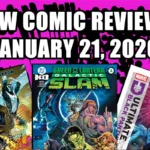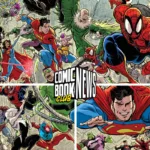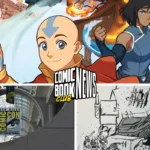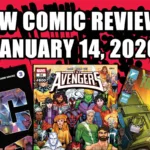Superman is more than a comic‑book character. He is a modern myth who invites us to imagine what we could be if we employed our powers in service of the weak. When this figure is repeatedly “deconstructed” into brutal tyrants and cynical anti‑heroes, the consequences ripple beyond panels and screens.
The experiment of deconstruction, beginning with Alan Moore and Dave Gibbons’s Watchmen and Frank Miller’s Dark Knight Returns, started a path that leads through The Boys, Irredeemable, Invincible, Injustice, and a host of stories that have so degraded the ideal of the all-powerful protector that it has been replaced in the cultural pantheon by its dark antithesis.
Deconstruction’s Origin: Watchmen and The Dark Knight Returns
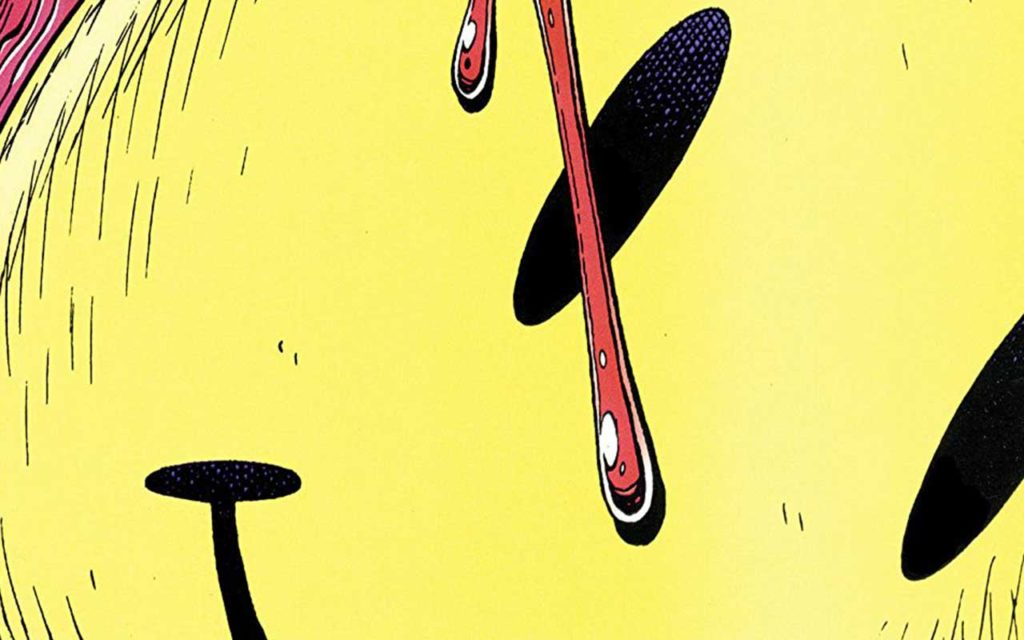
Most scholars trace the wave of superhero deconstruction to Watchmen and The Dark Knight Returns, both published in 1986. Moore critiques traditional genre aspects, including the clear divide between good and evil, the heroic secret identity, and patriotic loyalty. Set in an alternate history, Watchmen forces its heroes to justify their actions in a morally ambiguous world, compelling readers to reconsider the social function of superheroes.
In The Dark Knight Returns, Miller aged Bruce Wayne, hardened by a decade of retirement and a decaying Gotham, into an authoritarian vigilante. It features a climactic ideological showdown between Batman and Superman, where Batman uses brutality and fear to impose order on Gotham, while Superman is portrayed as a government stooge and argues that heroes must respect the people’s right to choose their own destiny. In both works, the sun god archetype is no longer an aspirational beacon, but a naïve or compromised figure.
Moore’s satire did not demand that readers idolize Watchmen characters Rorschach or the Comedian; these characters expose the moral bankruptcy of vigilantism. By stripping away the utopian veneer, Moore invited readers to interrogate the genre’s assumptions.
The success of Watchmen and The Dark Knight Returns launched a flood of darker, revisionist stories. Yet even Moore has lamented that fandom “has toxified the world“, noting that while it can be a vital cultural organ, it can also become a “grotesque blight” marked by entitlement and misogyny. When our culture becomes a “fan‑based landscape,” he argues, the loudest segments dictate entertainment, and the reflexive belligerence of some fans spills into politics and social movements.
The Authority: Utopianism Turned Dictatorship
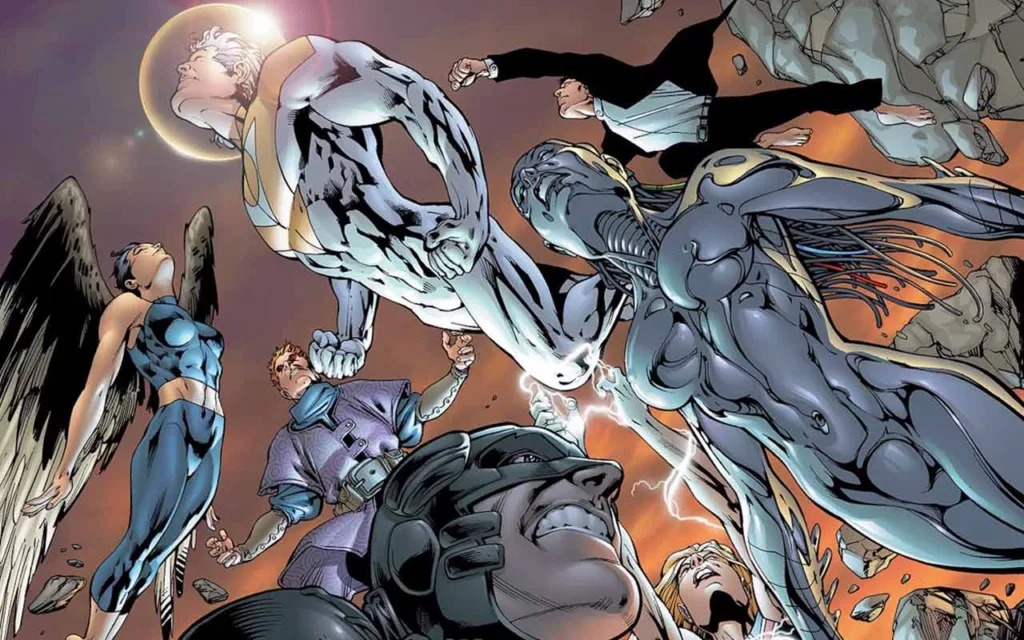
In 1999, writer Warren Ellis and artist Bryan Hitch launched The Authority, a series that follows a team of superhumans who decide that saving the world means taking control of it. Their headquarters is a vast, interdimensional ship. Their leader, Jenny Sparks, literally embodies the “spirit of the twentieth century.” The team destroys terrorist states, overthrows governments, and rewrites geopolitics.
Later runs, especially Mark Millar’s tenure, pushed the premise into explicit authoritarianism. Ellis and Millar’s message was not that the Justice League should take over Earth, but rather a warning: if we trust our salvation to super‑powered messiahs, we risk trading freedom for utopianism. The Authority replaced Superman’s patient example with a violent vanguard.
The series’s success influenced later works that portrayed heroes as benevolent dictators. It also created a generation of readers who equated heroism with preemptive strikes and political control. When the line between protecting and controlling blurred, the Superman archetype was no longer a humble servant, but a cosmic sheriff.
Irredeemable: When the Sun God Snaps
Irredeemable, a 2009–2012 series by Mark Waid and artist Peter Krause, expanded on the previous works, while focusing on a terrifying question: what if Superman stopped being nice? The story follows the Plutonian, the world’s greatest hero, who succumbs to grief and resentment and begins murdering civilians.
The series portrays sidekicks and governments scrambling to stop a being whose powers far outstrip theirs. Unlike earlier deconstructions that questioned morality, Irredeemable simply discards it: the Plutonian vaporizes cities, tortures former friends, and seeks cosmic revenge.
The Boys: When Satire Goes Sideways

Amazon’s The Boys, adapted from Garth Ennis and Darick Robertson’s comic, features Homelander, a sociopathic Superman analogue who heads a corporate super‑team. The modern live-action interpretation has earned both admiration and ire for serving as an allegory about Donald Trump, dangerous authoritarianism, and corporate America.
The show’s premise is a “brash deconstruction of the superhero fantasy.” It posits that those with power are compromised, that humanity cannot handle superheroes, and that corporations will inevitably exploit them. In the world of The Boys, heroes are reality‑show stars and weapons of mass distraction. Homelander encourages a mob to storm a government building in a moment reminiscent of the U.S. Capitol attack. Fans cheered.
For readers accustomed to moral clarity, The Boys appears to be the ultimate subversion. However, the misreading of Homelander as a role model reveals a deeper issue. When deconstruction becomes the norm, viewers may forget that the satire is meant to critique, not celebrate. Ennis has said that the series is a response to the ubiquity of superheroes; he finds their moral simplicity boring. Yet when fans interpret Homelander’s bigotry as “speaking truth to power” or mimic his slogans, the satire is lost. The show becomes a Rorschach test, reflecting back the viewer’s own ideology. Rather than encouraging critical reflection, it can reinforce cynicism and grievance.
How Deconstruction Shaped Fan Ideology
The repeated degradation of the Superman archetype over the past forty years has reshaped the collective psyche of fandom in at least three interrelated ways: it normalized cynicism, blurred moral lines, and opened the door to authoritarian fantasies.
First, deconstruction normalized cynicism. After The Dark Knight Returns and Watchmen, the industry flooded the market with darker takes on familiar heroes. Superhero media from Man of Steel to Invincible leaned into the idea that “no one stays good in this world.”
Such stories often lack the complexity of Watchmen. They replace idealism with nihilism without offering alternatives. Over time, younger fans internalize the assumption that heroism is naïve or hypocritical. Online discussions often deride characters like Christopher Reeve’s Superman as “boring” because they refuse to break the rules. The more cynical the hero, the more “realistic” the narrative is perceived to be.
Second, deconstruction blurred moral lines. When a steady stream of stories portrays heroes as hypocrites or tyrants, the distinction between hero and villain blurs. The Injustice franchise, for instance, portrays Superman as a fascist who builds a global dictatorship after the Joker tricks him into killing Lois Lane.
Instead of inspiring us to be better, he becomes a cautionary tale about hypocrisy. Similarly, Irredeemable and The Boys depict heroes who preach order and peace while committing atrocities. When such narratives dominate, readers may become jaded. They may also begin to sympathize with characters who claim that democracy is inefficient and that the world needs a firm hand. The once‑clear line between Clark Kent and Lex Luthor blurs; both seem like power‑hungry men disguised as saviors.
Third, deconstruction opened the door to authoritarian fantasies. The Authority, Injustice, Kingdom Come and various Elseworlds stories all imagine worlds where Superman or his analogues impose a utopia by force. While some of these tales are cautionary, others are ambiguous.
Alan Moore and Dave Gibbons used Watchmen to critique the notion that benevolent dictators can save us, but many readers latched onto the aesthetic of power rather than the moral message. In online forums, fans debate whether Batman or Superman was right in The Dark Knight Returns, as if beating up dissidents is a legitimate policy difference.
Likewise, the Injustice fandom contains a vocal contingent that believes Superman “had a point,” and memes celebrate his iron‑fisted rule. This is not limited to fiction. The Guardian’s interview with Alan Moore warns that fandom’s entitlement has spilled into real‑world politics, fueling misogynist crusades like Gamergate and Comicsgate and contributing to a toxic atmosphere where elections resemble reality‑TV evictions.
In his 2011 book Supergods, Moore’s longtime writer and wizarding nemesis, Grant Morrison, argued that attempts to deconstruct the idea of Superman through cynical means have fallen short completely. Works like The Boys test negative interpretations, but the superhero world resists negativity because its heroes “refuse to give up on us.”
But given the above, it’s hard to agree he’s right. If every hero has a dark twist, virtue appears unattainable. In this type of environment, genuine kindness can be dismissed as propaganda, and empathy can be mistaken for weakness or as a “made-up word.” This is precisely the trend Morrison decries when saying that deconstruction has “let us down completely.” By repeatedly testing how to “break down” Superman, we risk convincing ourselves that hope is impossible.
Looking Up: How We Find Our Way Back
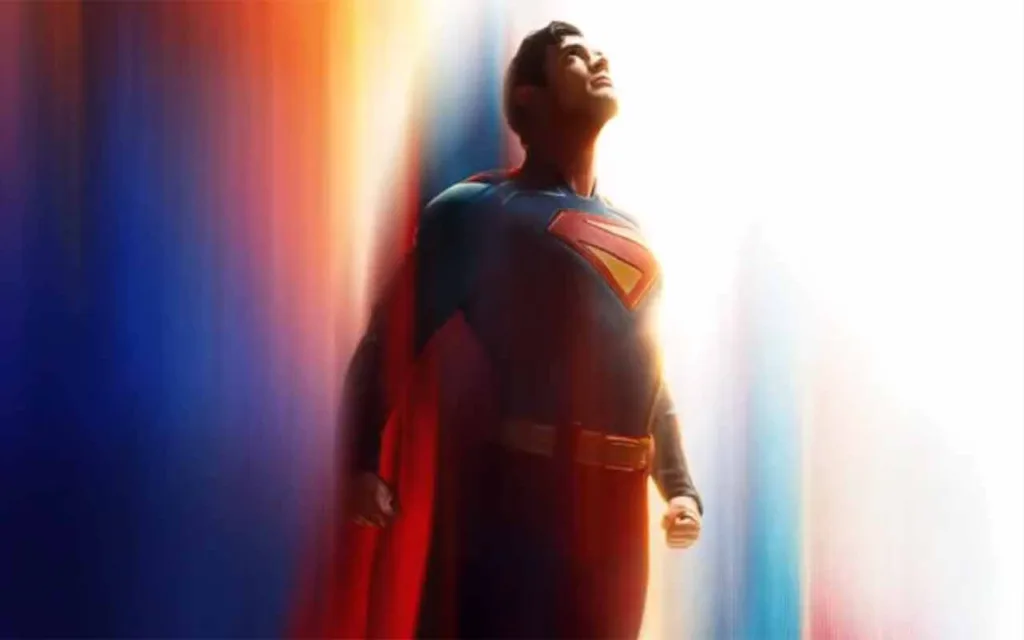
Grant Morrison emerged during the same era that produced Watchmen, yet their relationship to deconstruction is complex. In Supergods, Morrison argues that the superhero represents a mythic dimension bridging the cosmic and the mundane. Morrison contends that attempts to break the Superman idea “have let us down” and that we should embrace it at face value. In this view, negative deconstructions are ultimately reductive: they conflate complexity with darkness, forgetting that the archetype’s power lies not in brute strength but in resilience and perseverance. It is about right being the master of might, not the other way around. The hero “always stands up,” reflecting a strength within ourselves. Morrison laments that optimism has become unfashionable in an age where cynicism is considered clever.
For decades, American pop culture reveled in deconstructing its own myths. Yet the decline of the archetype coincided with rising depression, loneliness, and a “meaning crisis.” In interviews, DC Studios chief James Gunn has said he wants audiences to leave his Superman film asking, “What can I do for others? … How can I be present for someone?” The film’s promotional materials feature vibrant colours and an emphasis on hope, contrasting with the desaturated palette of the Zack Snyder era. This shift suggests that audiences may be ready to re-embrace the Sun God, not as a symbol of propaganda, but as a reminder that truth, justice, and compassion still matter. The enduring appeal of Superman suggests that the archetype cannot be washed away. He has been mocked, deconstructed, killed and resurrected. Each time, audiences eventually tire of cynicism and seek the sun, instead.
Comic Book Club Live Info:
Discover more from Comic Book Club
Subscribe to get the latest posts sent to your email.
